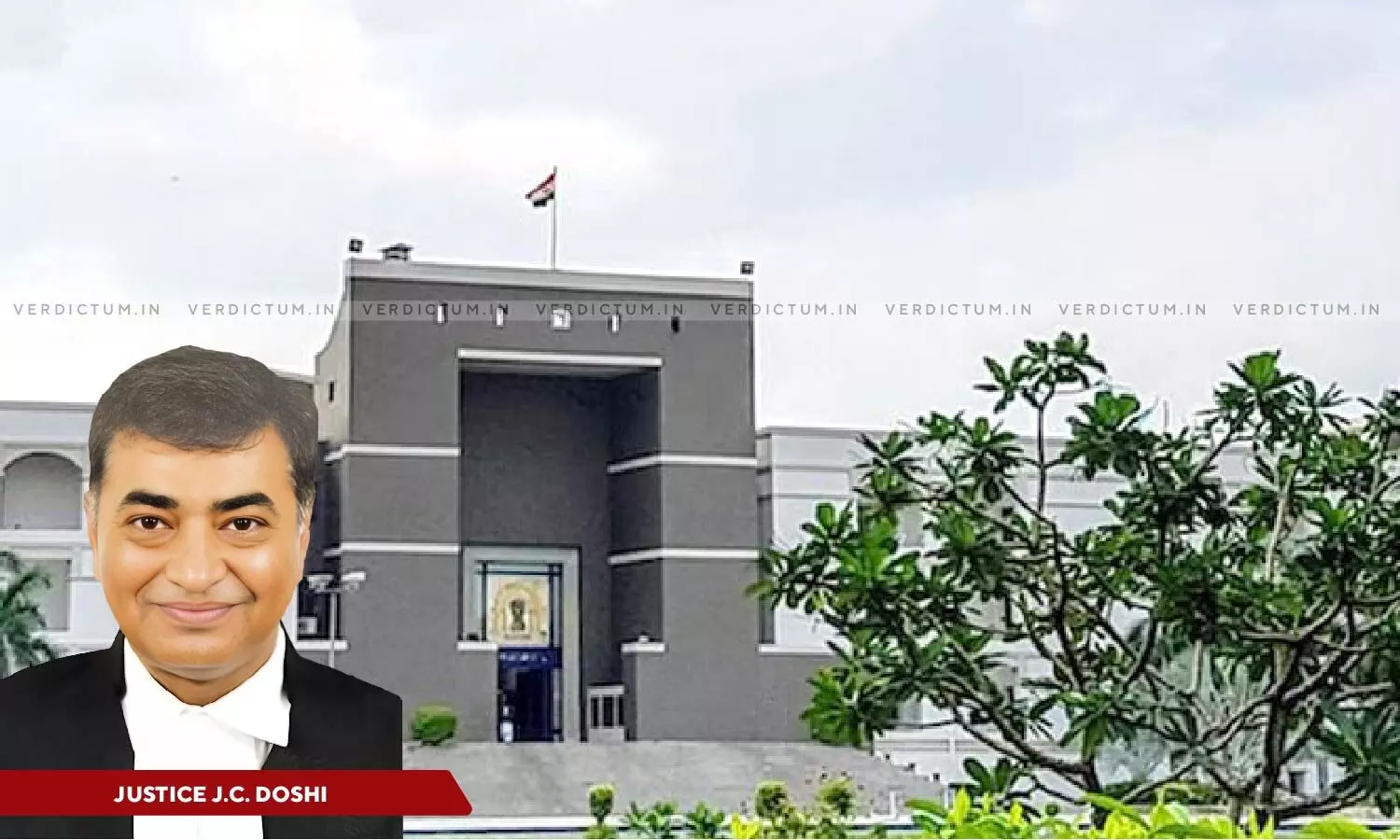
Woman Can File Complaint U/s. 498A IPC After Divorce Only For Pre-Divorce Incidents: Gujarat High Court
 |
|The Gujarat High Court while quashing an FIR lodged by a woman nearly 20 months after her divorce alleging cruelty against her ex-husband as well as his family ruled that a woman retains the right to lodge a complaint based on cruelty under Section 498A of the Indian Penal Code (IPC) even after divorce. However, such a complaint can only be filed for incidents that occurred during the period when the marriage was still valid.
A Bench of Justice J.C. Doshi held that, “allegations of the offence u/s 498A of the IPC even can be maintained at the instance of the divorcee wife, provided that she alleges the incident of harassment and cruelty which could have been meted out while marriage was subsisting. However, she cannot file complaint alleging offence u/s 498A of the IPC putting allegation of an incident, which could have been taken place subsequent to the divorce.”
The petition was filed under section 482 of the Code of Criminal Procedure, 1973 by the petitioners for quashing and setting aside the impugned FIR registered for the offences punishable under sections 498(A), 294(b), 323, 114, 506(2), 494 and 114 of the IPC. The complainant alleged various forms of harassment, physical and mental, by her husband and his family. She also alleged that her husband had married another woman without obtaining a divorce from her.
Advocate E. Shailaja appeared for the Applicants and Advocate Nirad D. Buch appeared for the Respondents.
The petitioner's advocate argued that the complainant had already obtained a divorce decree from a Family Court in Mumbai and that the filing of the FIR was an abuse of the legal process. The petitioner's advocate asserted that since the divorce decree was granted and not challenged or reversed, the complainant's status as a wife was discontinued, making the filing of the complaint under section 498(A) inappropriate. The advocate sought the quashing of the FIR.
The complainant's advocate countered that the divorce decree was passed in her absence and that a reconciliation agreement was later executed between the parties. They argued that the harassment continued even after the FIR was filed and that the petitioner's claims can be tested during the investigation and trial.
The Court noted that Petitioner No.1 filed a divorce petition in 2011 and the respondent/complainant did not appear before the Family Court in response to the divorce petition. The Family Court granted a divorce decree in favor of the petitioner in 2014. The divorce decree was not challenged and became final. The FIR in question was filed on December 26, 2015.
The Court examined the definitions of "husband" and "relatives of the husband" in Section 498A. The Court noted that the expression "husband" and "relatives of the husband" in Section 498A referred to those in the capacity of a husband.
“The expression is reflective for the proposition that for levelling the allegation u/s 498A of the IPC, the status of “the husband” or “relatives of the husband” must exist. The simple meaning is that for levelling the allegations of offence, the accused must be “the husband” or “relatives of the husband” or he could be “in capacity of the husband” or “in capacity of relatives of the husband”. This expression does not include “former husband” or “ex-husband” or “relative of the former husband or ex-husband.”
It concluded that allegations under Section 498A can be made by a divorcee wife for incidents that occurred while the marriage was subsisting but not for incidents occurring after divorce. The Court also analyzed Section 494, which deals with marrying again during the lifetime of a spouse. The Court determined that the complainant's allegations of harassment and cruelty were related to incidents that occurred after the divorce decree.
“Once the competent Court passed the decree of divorce, the marital status of the husband and wife is snapped and the pre-requisite condition of section 498A of the IPC “being the husband” or “relatives of the husband” disappears.”
It emphasized that since the complainant and petitioner were no longer husband and wife after the divorce decree, the conditions for Sections 498A and 494 offenses are not met. It referenced the State of Haryana v. Bhajanlal case to discuss when the court can exercise its inherent powers to prevent abuse of process.
“On reading the FIR, what emerges that the complainant has not alleged harassment and cruelty for the time period the marriage was subsisting. No specific incident of harassment and cruelty has been indicated in the FIR when the marriage was subsisting.”
The Court concluded that the FIR does not disclose the essential ingredients of the alleged offenses. It ruled that allowing the FIR and proceedings to continue would be an abuse of the court process and a humiliation to the petitioner.
Therefore, the petition was allowed and the Court quashed the FIR and all consequential proceedings.
Cause Title: Rameshbhai Danjibhai Solanki & Ors. v. State of Gujarat & Anr.
Click here to read/download Judgment